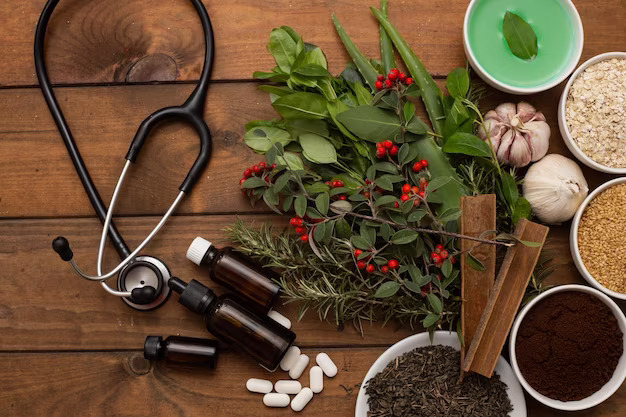Introduction:
Diabetes is a chronic condition affecting millions worldwide, and many individuals explore alternative approaches, including herbal treatments, to manage their blood sugar levels. This article will delve into the safety and effectiveness of herbal remedies for diabetes.
I. Understanding Diabetes
Before delving into herbal treatments, it's essential to understand diabetes. Diabetes is a metabolic disorder characterized by elevated blood sugar levels. There are two primary types:
Type 1 Diabetes: An autoimmune condition in which the pancreas does not produce insulin.
Type 2 Diabetes is a disease in which the body does not use insulin effectively or produce enough insulin.
II. Herbal Treatments for Diabetes
Herbal treatments for diabetes Sugar Ka Desi Ilaj encompass a wide range of plants and supplements that are believed to have blood sugar-lowering properties. Some of the most commonly used herbs include:
1. Bitter Melon: Bitter melon is widely used in traditional medicine because it can potentially reduce blood sugar levels.
2. Cinnamon: Some studies suggest that cinnamon may improve insulin sensitivity and lower blood sugar levels.
3. Fenugreek seeds contain soluble fiber that may help regulate blood sugar.
4. Gymnema Sylvestre: Known as the "sugar destroyer," this herb is believed to reduce sugar absorption in the intestines.
III. The Scientific Evidence
The scientific evidence supporting the effectiveness of herbal treatments for diabetes varies. While some studies suggest potential benefits, results often must be more conclusive. Factors contributing to this variability include the type of diabetes, individual response, and the specific herb used.
IV. Potential Risks and Side Effects
Herbal treatments for diabetes are not without risks. Some potential concerns include:
1. Interaction with Medications: Herbal remedies can interact with other medications, including diabetes Sugar medications, leading to potential health risks.
2. Unregulated Products: Herbal supplements are not regulated as rigorously as pharmaceutical drugs, which can lead to consistency in quality and dosage.
3. Allergic Reactions: Some individuals may be allergic to specific herbs or experience adverse reactions.
V. Consultation with a Healthcare Professional
Before incorporating herbal treatments into your diabetes management plan, it is crucial to consult with a healthcare professional, preferably one with expertise in diabetes care. They can assess your condition, review your medical history, and guide you to the most appropriate treatment.
VI. Complementary Approach to Diabetes Management
Diabetes management is multifaceted and often requires a combination of approaches:
1. Medication: If a healthcare professional prescribes, diabetes medications should be taken as directed.
2. Diet: A balanced diet focusing on portion control and carbohydrate management plays a vital role in diabetes management.
3. Exercise: Regular physical activity can improve insulin sensitivity and help regulate blood sugar levels.
4. Blood Sugar Monitoring: Regular monitoring allows individuals to track the impact of various interventions on their blood sugar levels.
VII. Conclusion
Herbal treatments for diabetes can be a part of a comprehensive approach to diabetes management Pakistan Herbal Products. However, their effectiveness varies, and they should be used with caution under the guidance of a healthcare professional. A holistic approach to diabetes care that includes medication management, dietary changes, regular exercise, and consistent blood sugar monitoring remains the most effective strategy for managing diabetes. Always consult a healthcare provider before making significant changes to your diabetes management plan.


Comments
Post a Comment